The dry and hot weather does not favor farmers, but it helps salt farmers - the people who mine salt near the Black Sea coast. Salt production is one of the oldest activities in Pomorie. The Pomorie salt pans has been existing since the 5th century BC. Salt was extracted from the Pomorie salt pans until 1951. A special railway line was built between Burgas and Pomorie to transport the salt.
Literally every fishing family in the town was involved in salt production until a century ago. They used the salt for preserving fish as well as for trade.
Due to the changes brought about by the Covid-19 pandemic, the last salt production company in Pomorie has ceased operations. Against the backdrop of rising electricity prices, salt production has become unprofitable. Currently, the only operational salt pans in the coastal town are part of the Salt Museum- Pomorie. It is part of the 100 National Tourist Sites of Bulgaria. The Pomorie Museum is the only specialized museum in Bulgaria and in Eastern Europe to produce salt through solar evaporation of sea water.
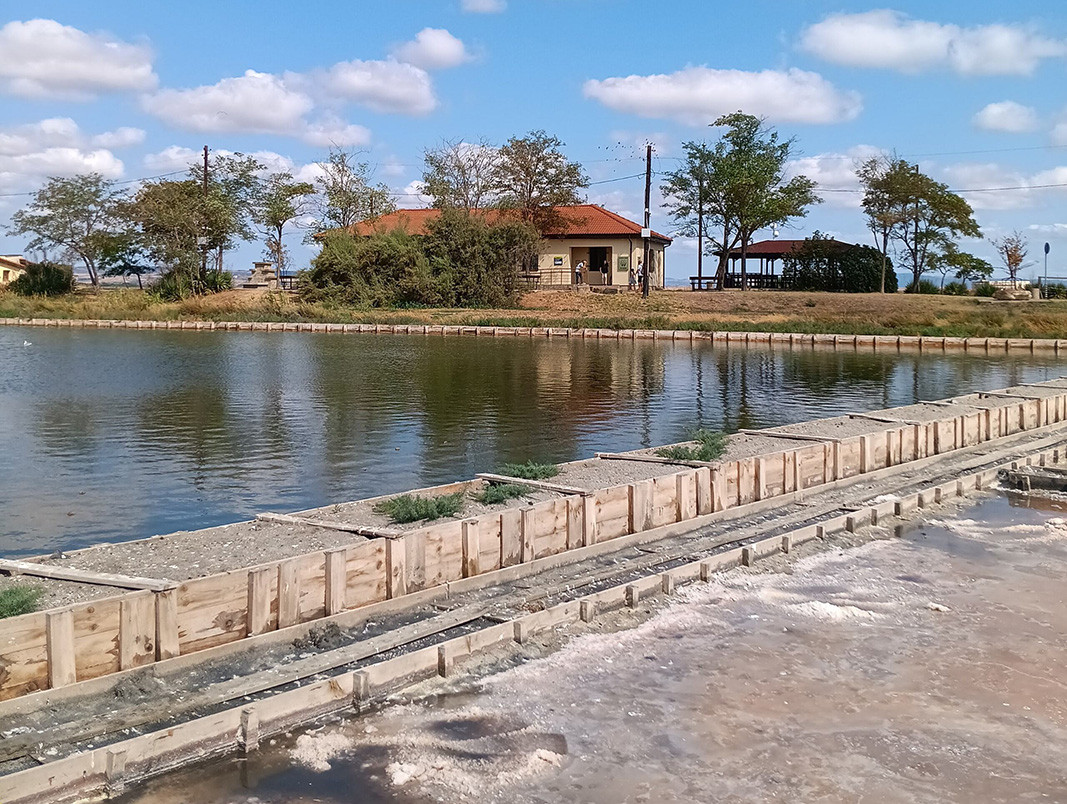
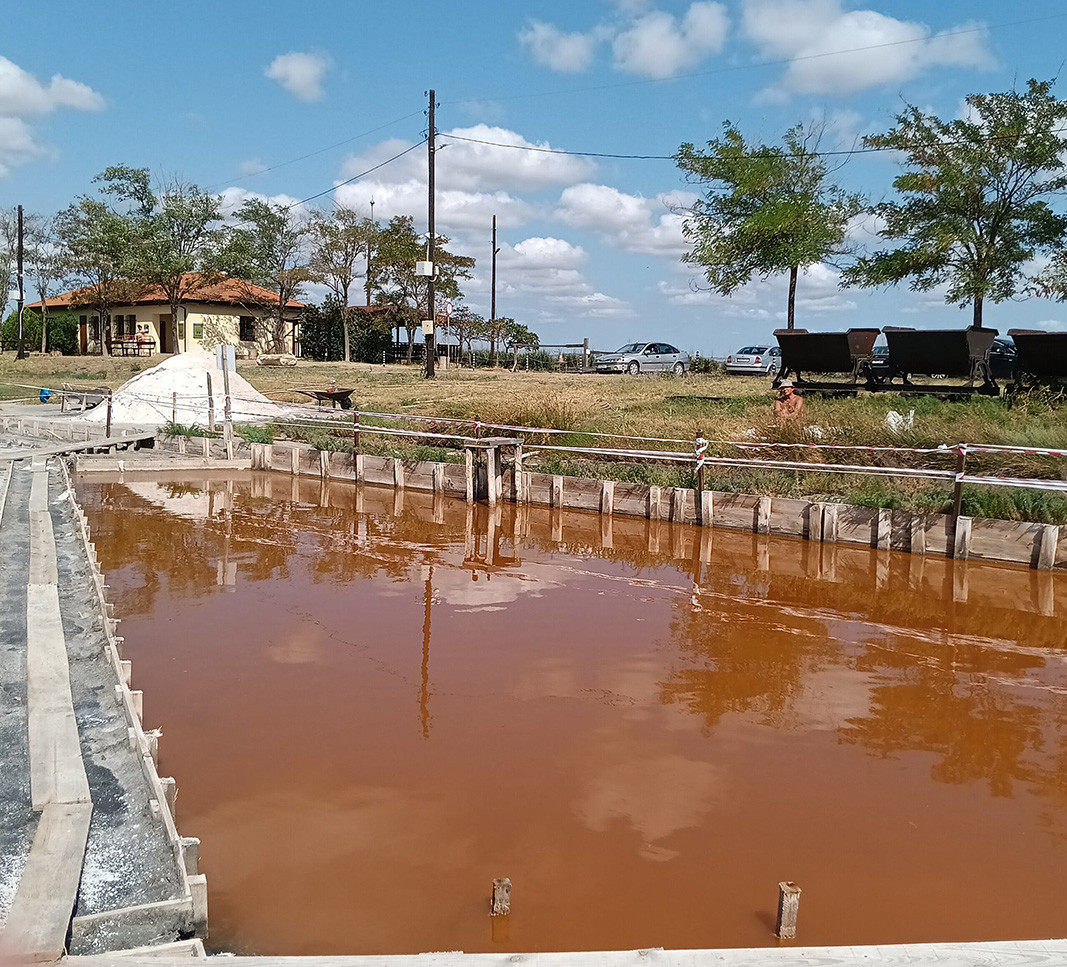
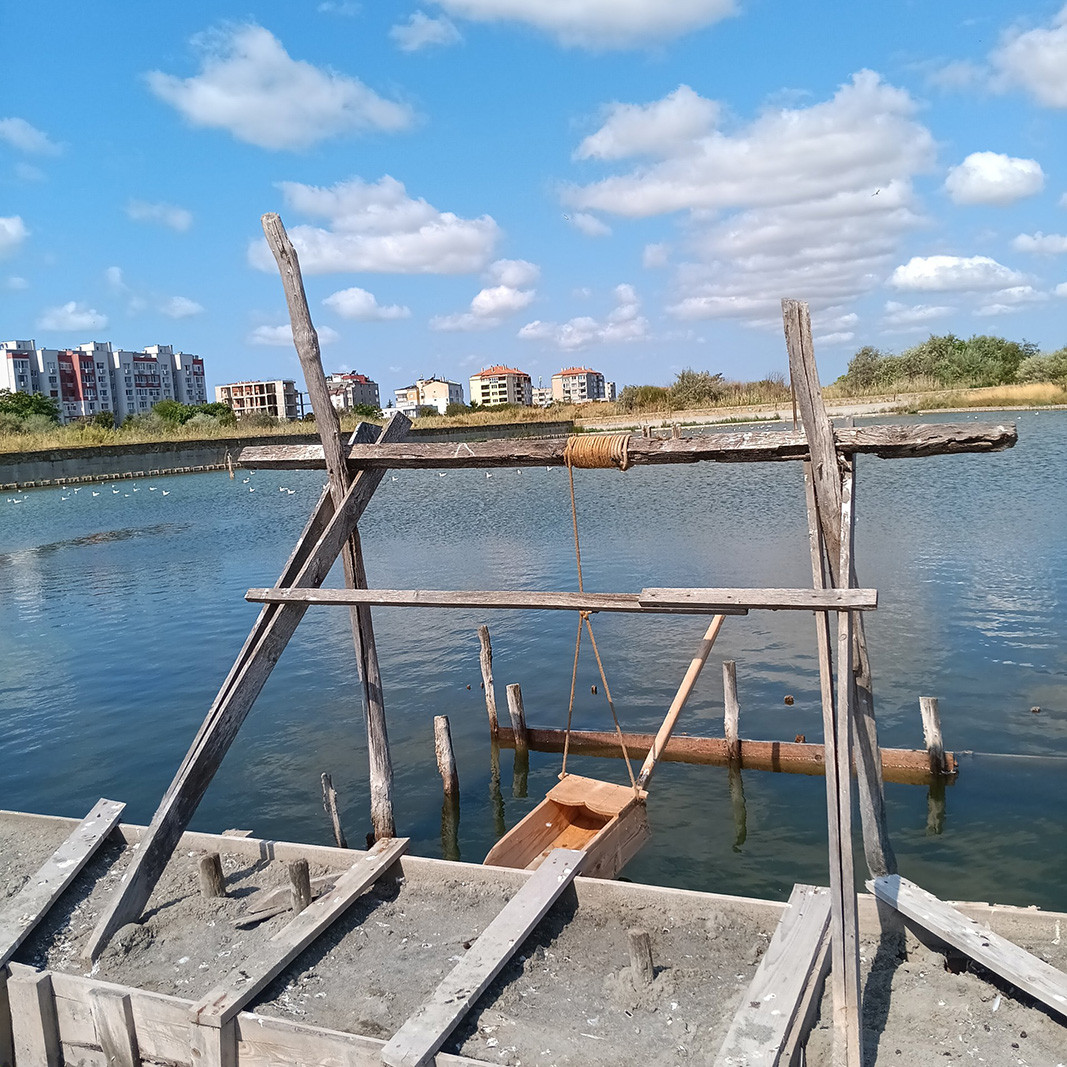
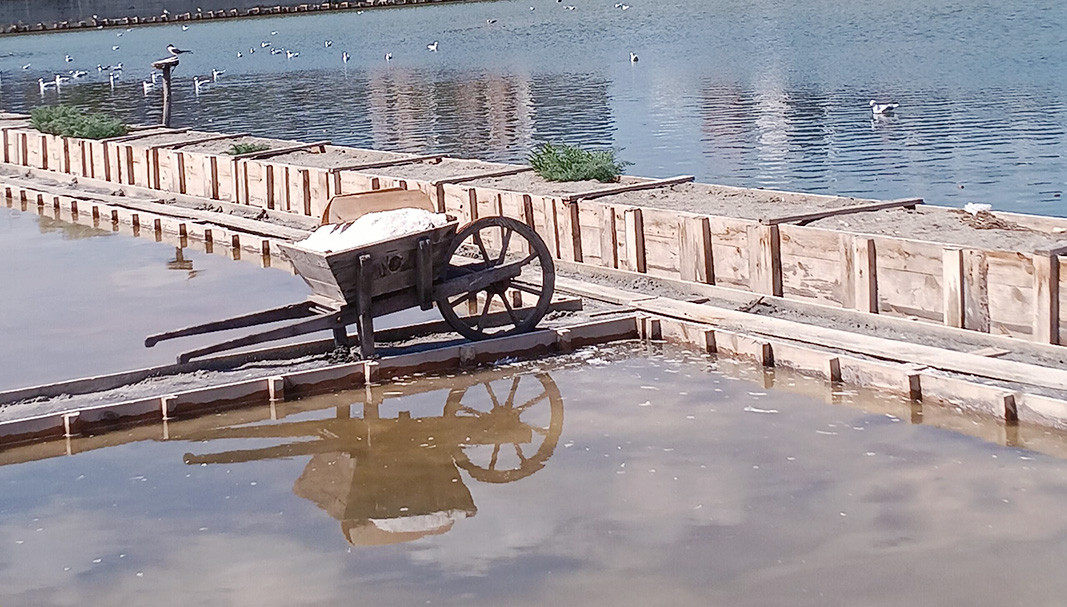
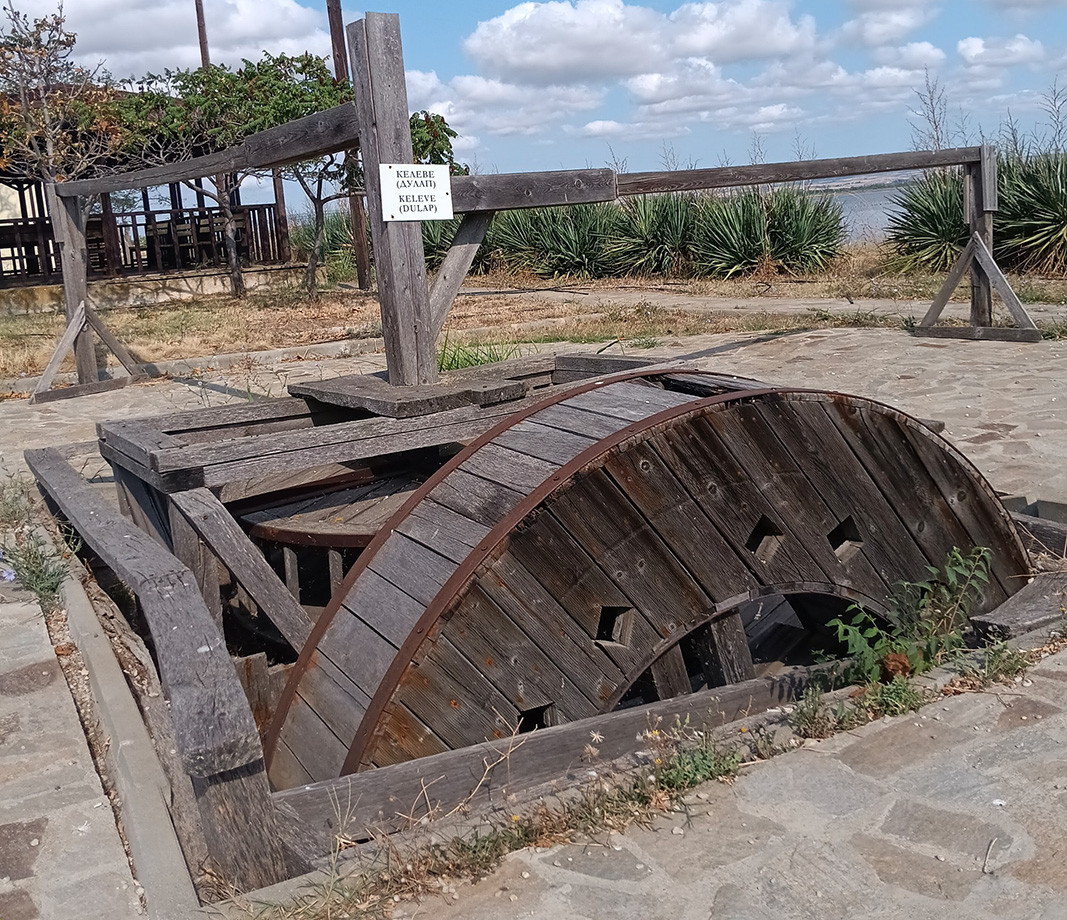
The best time for harvesting salt from the salt pans in Pomorie is during the hot summer days, when not a single drop of rain falls for a month, the museum’s director Iliya Kusev told visitors.
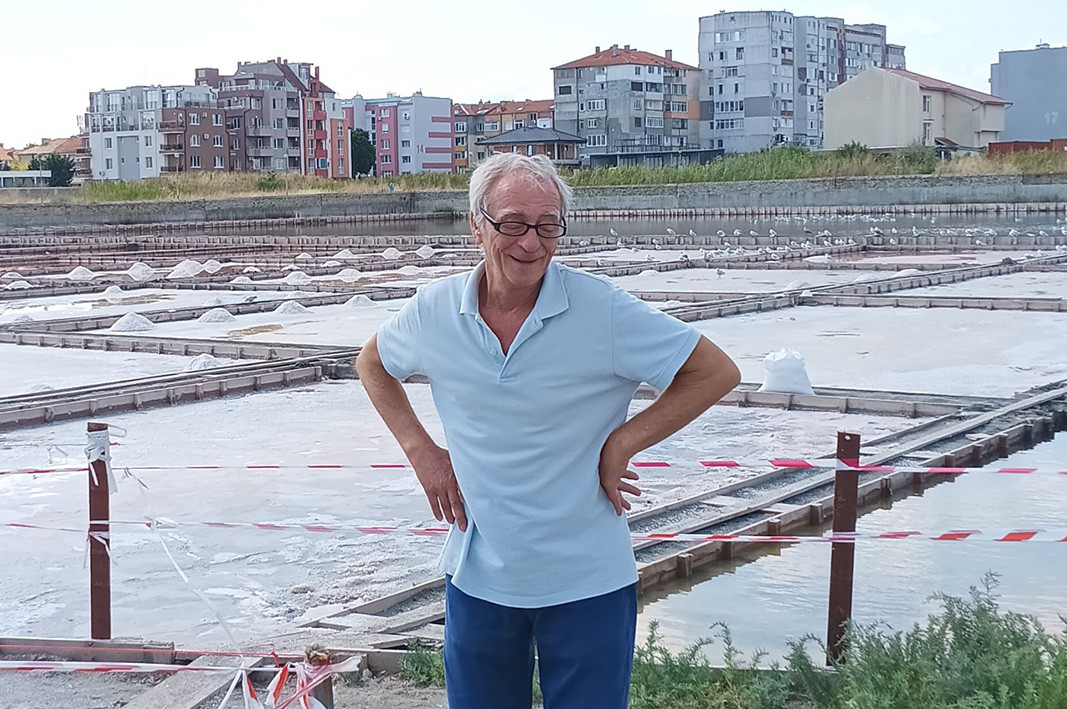
According to him, Pomorie has always produced the best salt on the Balkans, and possibly in Europe. This product has beneficial nutritional properties. Even the Turkish sultans ordered it to make their food more delicious.
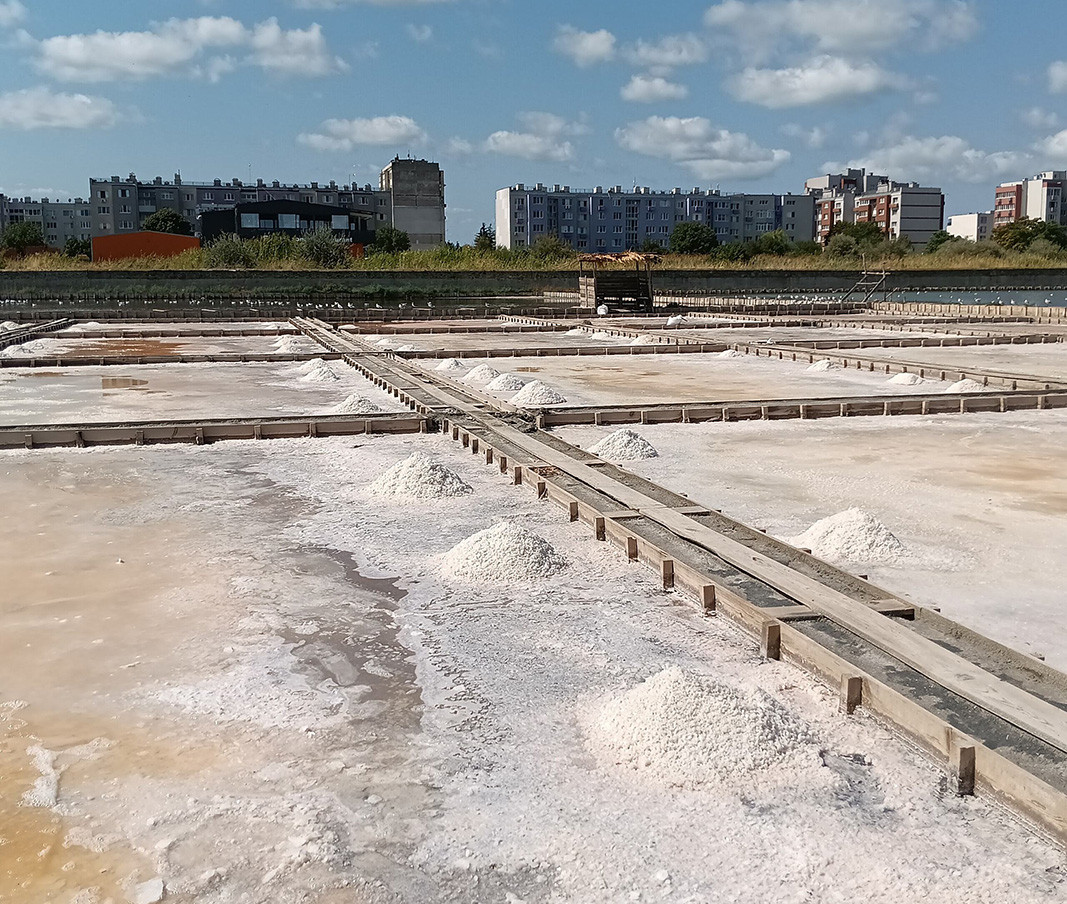
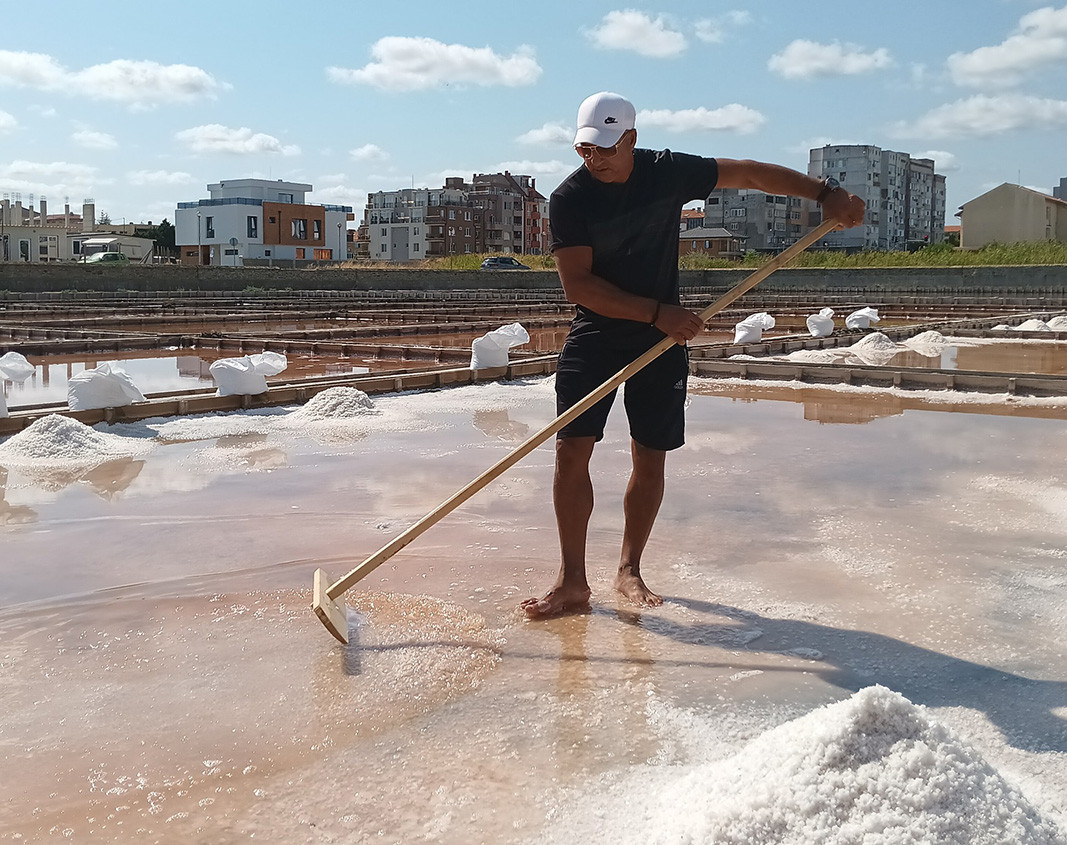
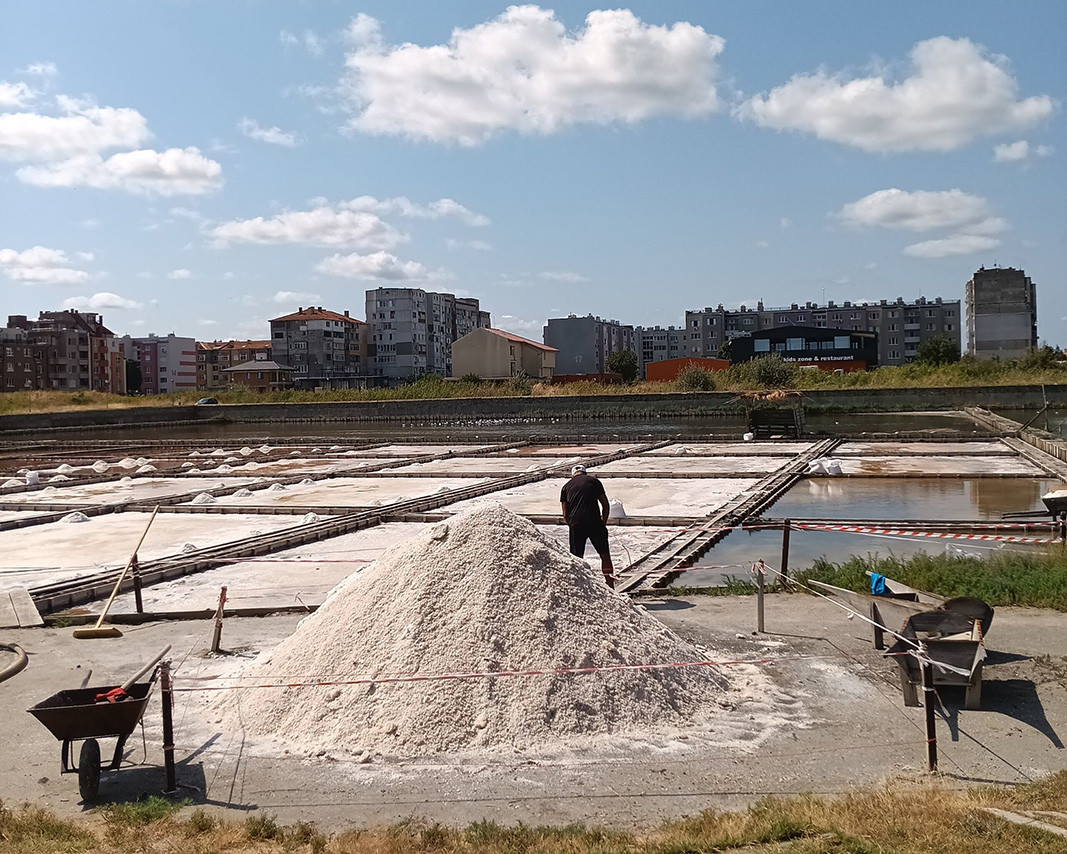
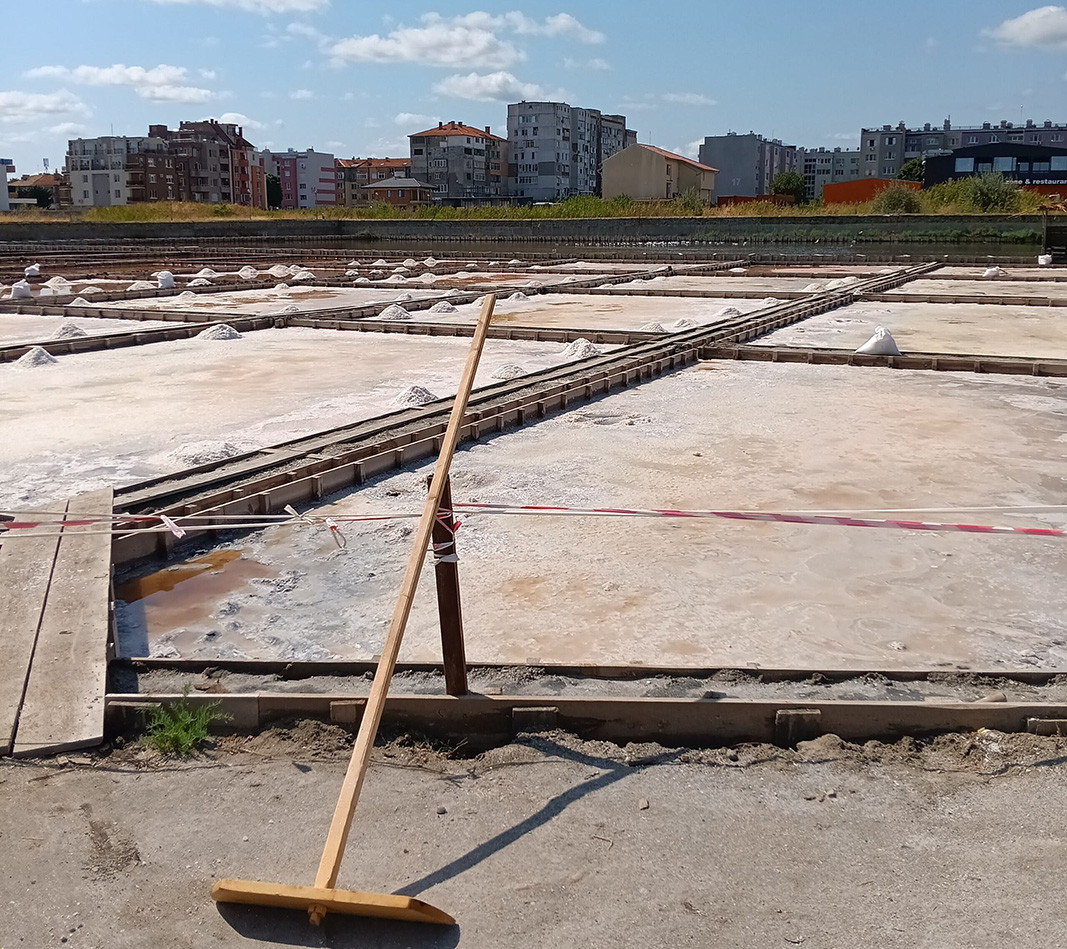
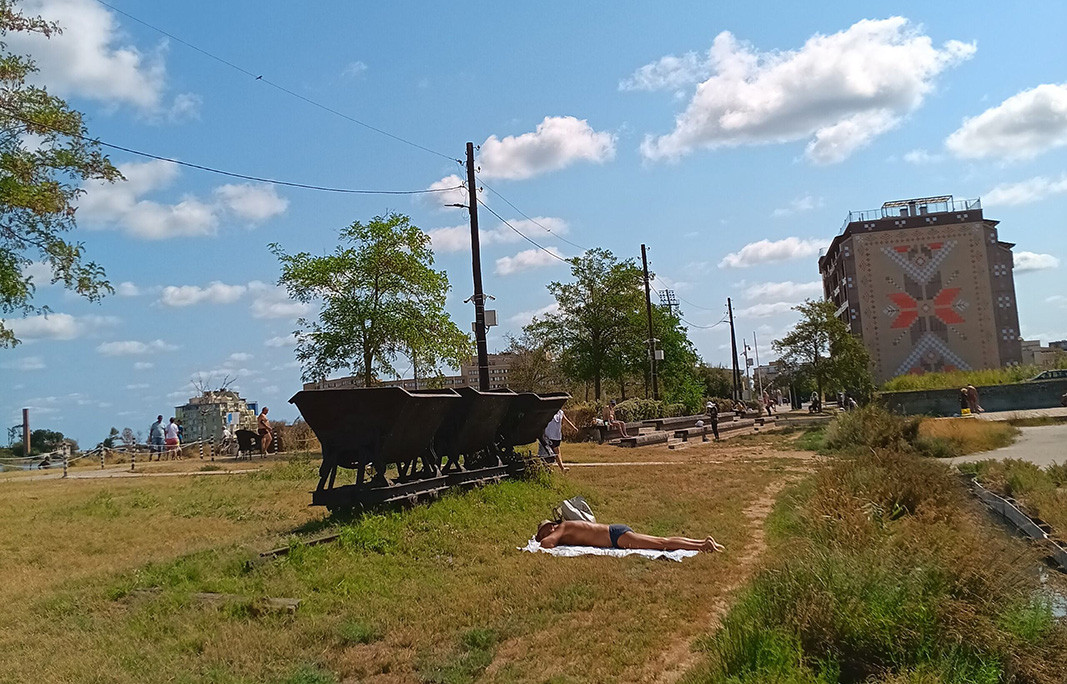
Another valuable resource of the Pomorie Lake is the healing mud, as well as the lye obtained from salt production. All this, combined with the beautiful nature, clean air and the authentic fishing spirit of the town makes Pomorie an attractive destination for people who like cultural tourism.
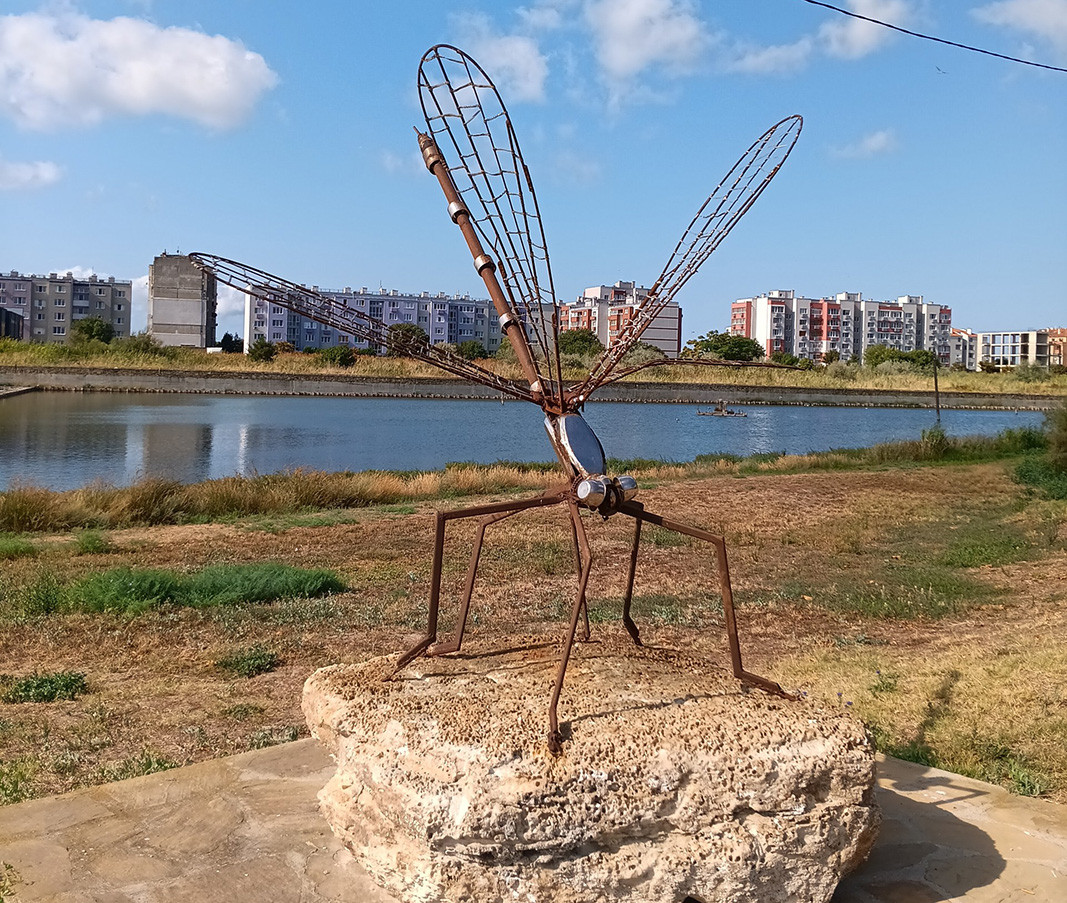
The lights of Christmas decorations are brightening up many streets, squares and urban places in towns and cities across Bulgaria. The park in front of the National Palace of Culture in central Sofia has become a Christmas bazaar. Many decorated..
The Bulgarian capital woke up to heavy snowfall and a blanket of snow. Sofia Airport is functioning normally in winter conditions, the press centre of the airport told the Bulgarian news agency BTA. De-icing procedures of the airplanes are..
Autumn gives a special charm to the village of Leshten, hidden in the slopes of the western Rhodopes. Its stone walls stand out at the backdrop of the feast of colors in nature around and preserve the cosiness of the Bulgarian..

+359 2 9336 661
